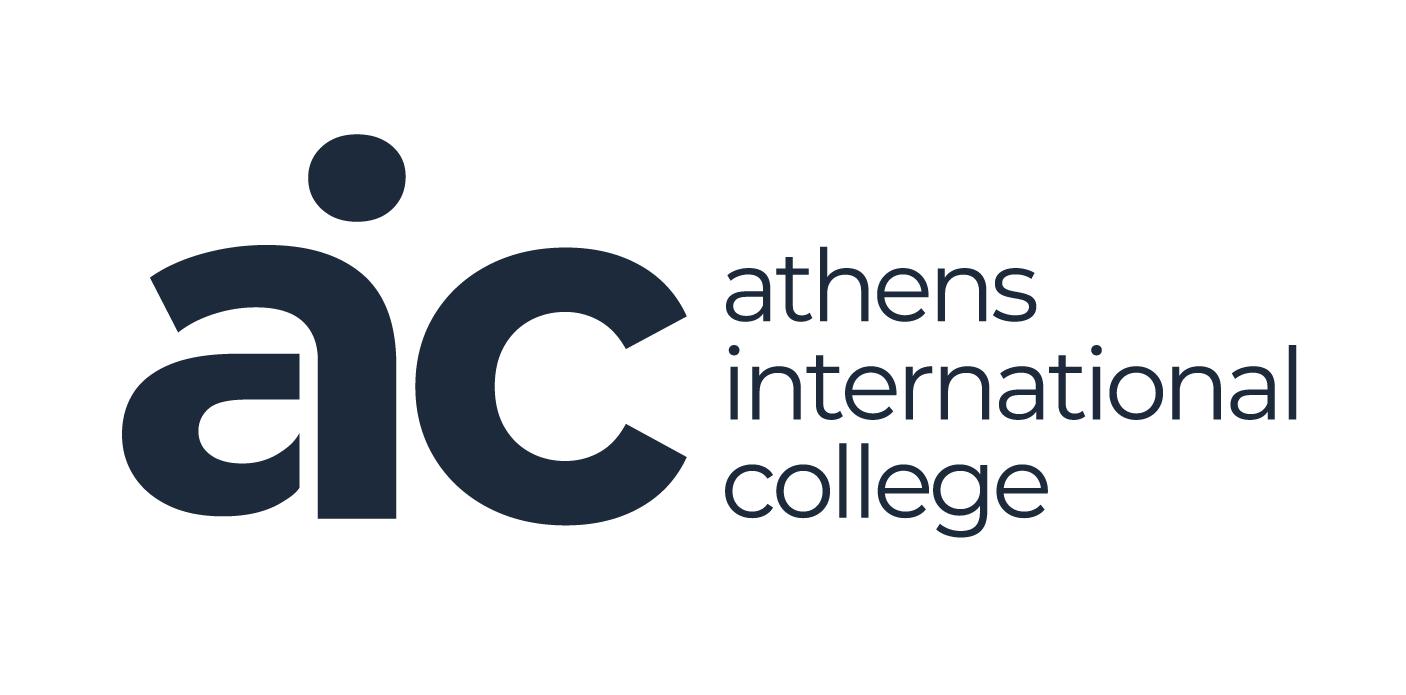The MSc in ESG & Sustainability Management at the University of Winchester is designed to cover a wide range of roles across all industries. It is aimed at professionals who are interested in leading efforts towards business sustainability and guiding organizations toward sustainable growth.
The program is intended for:
- Executives and employees involved in Sustainability, CSR, and ESG across all departments and levels, such as Financial, Operations, Production, Human Resources, and of course Communication, Public Relations, and CSR,
- Executives and employees in banks, insurance companies, asset managers, and rating agencies who are responsible for any issues related to ESG,
- Entrepreneurs and business executives who are responsible for growth and wish to attract business partners, funding, or investments,
- Professionals working with management on the preparation of sustainability reports,
- Board members, executives, and employees who want to promote ESG within their organization,
- Individuals who wish to specialize in the evaluation of management practices and decisions that align with the principles of sustainable development, as well as in a wide range of factors depending on their professional field.
Through participation in the MSc in ESG and Sustainability Management, students gain multiple benefits, as they will:
- Be able to combine business management knowledge with that of sustainable development
- Acquire in-depth knowledge of the key tools for assessing the economic, environmental, and social impacts of business operations and strategies, in order to align them with the principles of sustainable development
- Gain a better understanding of the importance of sustainability in the functioning of a modern organization
- Understand how ESG strategy drives economic and financial performance
- Comprehend emerging risks and how ESG can support preparedness in addressing them
- Learn how small businesses are affected by ESG and how financial institutions and large companies provide support
- Learn about regulatory frameworks that help businesses manage and measure ESG objectives
- Explore the connection between ESG and financial decision-making
- Understand how stakeholders influence ESG performance
This module explores strategy as a timely and significant field, emphasizing the need to understand cultural, social, and ethical issues, as well as the economic factors that underpin strategy development in organizations. It trains students to enhance their ability to engage more fully with the strategic discourse of their own and other organizations.
The module provides a critical examination of tools, models, and concepts for applying sustainability strategies and policies in businesses and organizations. It reviews current and emerging ideas and concepts within the framework of the drivers of business change required to address pressing challenges of sustainability and responsibility.
The module will investigate practices, innovations, and evolving ideas for integrating sustainability and will place particular emphasis on developing fundamental capabilities through the theories of Knowledge Management and the Learning Organization.
The aim of this module is to familiarize students with the sustainability challenges within their organization and to equip them with the ability to respond to these challenges, such as Corporate Social Responsibility, shared values, and the circular economy.
It provides students with relevant research knowledge on transitions toward sustainable and resilient economies, as well as the related (scientific) debates concerning the unsustainability of conventional business-as-usual approaches and growth-driven economic models.
This module provides a critical review of the concepts of business ethics, corporate social responsibility, and stakeholder management, enabling students to analyze, evaluate, and formulate business decisions through ethical and social criteria. Particular emphasis is placed on current corporate practices and recent regulatory developments, giving students an up-to-date understanding of this rapidly evolving field.
The module draws upon and contributes to the ongoing debate concerning the role of business organizations as future creators of “sustainable value” for both business and society at large. This is then placed within the framework of functional disciplines through topics such as accounting standards, corporate governance, green marketing, social entrepreneurship, employee well-being, sustainable innovation, and global supply chain management.
The implications of these principles for the student’s own leadership practices are examined, introducing the concept of “responsible leadership” from multiple organizational, national, cultural, and ethical perspectives.
As businesses become increasingly complex, they require a way to effectively identify and manage key activities within the organization. There is also a need for the ability to integrate traditionally distinct management activities into a coherent discipline that enhances the effectiveness of people, business processes, technology, facilities, and other critical business assets.
GRC (Governance, Risk, and Compliance) achieves this by breaking down traditional barriers between business units and requiring them to work collectively toward achieving the company’s strategic goals. GRC has become one of the defining components of a well-managed organization in the 2020s.
Human resource management is vital in supporting organizations to improve effectiveness, manage corporate governance and ethical issues beyond financial performance, and assist in realigning the organization’s future direction and vision for new ways of working.
Human capital can support sustainable development by embracing values and investing in professional development, promoting from within, and creating long-term leadership effectiveness.
This module will introduce students to the latest developments in theory and practice in sustainable and responsible finance. Students will develop an understanding of the principles governing sustainable and responsible decision-making in finance. They will become familiar with guidelines on how to apply these principles in business and investment practice.
This module equips students with the knowledge and frameworks of social entrepreneurship and innovation, enabling them to critically assess or design initiatives that drive systemic change. It explores how interventions can fundamentally reshape social and environmental systems that perpetuate negative outcomes.
Students will engage with the challenges and opportunities of the 21st century, learning to rethink and redesign the ways we live, work, and learn together. The module emphasizes the integration of social, ecological, economic, and cultural perspectives, fostering the skills needed to create sustainable and impactful solutions within complex systems.
This module familiarizes students with how businesses measure, assess, engage with, and report on their interactions with nature, and how humans must evolve rapidly in response. It examines how markets can be structured to account for natural assets and the services they provide, alongside financial assets. This approach offers a new, insightful, and practical way to address and manage critical environmental challenges while simultaneously building long-term sustainability and resilience in the private sector.
This course aims to introduce students to topics that provide an understanding of human behavior in the workplace, through the design of research projects, data collection and analysis, and the presentation of findings. The course focuses on the skills and knowledge deemed essential for the successful completion of a research project.
The Business Project provides students with the opportunity to specialize in an area of interest by undertaking an independent and in-depth research project, guided by faculty actively engaged in research. Students evaluate and synthesize research philosophies, utilizing secondary and/or primary sources, and analyze their findings in relation to existing theories.
The dissertation is of interest to potential future employers, as it demonstrates critical thinking skills, research proficiency, and business knowledge. It can also encourage students to pursue further research, either in a consultancy context or through continued academic research at the PhD level.
At Athens International College, we recognize that today’s manager is called to lead with vision, act with agility, and stay ahead in a rapidly changing world. That is why we designed the AIC Upskilling Track — a dynamic learning experience that complements your studies with strategic, high-value executive seminars and provides access to practical, business-relevant knowledge across a range of critical areas. Each seminar is carefully designed to bridge the gap between academic knowledge and management practice, ensuring that upon graduation, in addition to a strong academic degree, you will also possess an enhanced executive toolkit.
All students are entitled to attend 2 seminars per year for free, and receive 50% off all Artificial Intelligence seminars.
For example, students of the MSc in Sustainability can attend:
- AI + Executive
- CSRD: Master the EU Sustainability Disclosure Standards
Admission Requirements for Postgraduate Programs
- Bachelor’s degree from a Higher Education Institution (Technological Educational Institute or University) or equivalent professional qualifications
- Relevant professional experience
Applicants must complete an Application Form, which is evaluated on a case-by-case basis.
A satisfactory level of English proficiency is required to ensure comprehension of English-language texts.
Required Documents
- Copy of degree certificate or professional qualifications
- Four passport-sized color photos (3 × 4.5 cm)
- Copy of ID card
- Two reference letters
- Employment verification
- Curriculum Vitae (CV)
Attendance and Program Details
- Start Dates: October for the Fall semester or March for the Spring semester
- Duration: 1 year
- Class Schedule: Friday afternoons and Saturday mornings, every two weeks
- Language of Instruction: Courses and assessments (exams and assignments) are conducted in Greek
- Degree Awarded: The degree is awarded by the University of Winchester, U.K.
By enrolling at Athens International College, students are simultaneously registered at the University of Winchester, which also issues the corresponding student ID.

Elia Liataki

DORINA OIKONOMOPOULOU
& Marsh McLennan CEO Greece

DAPHNE KATSAROU
Pfizer Hellas








